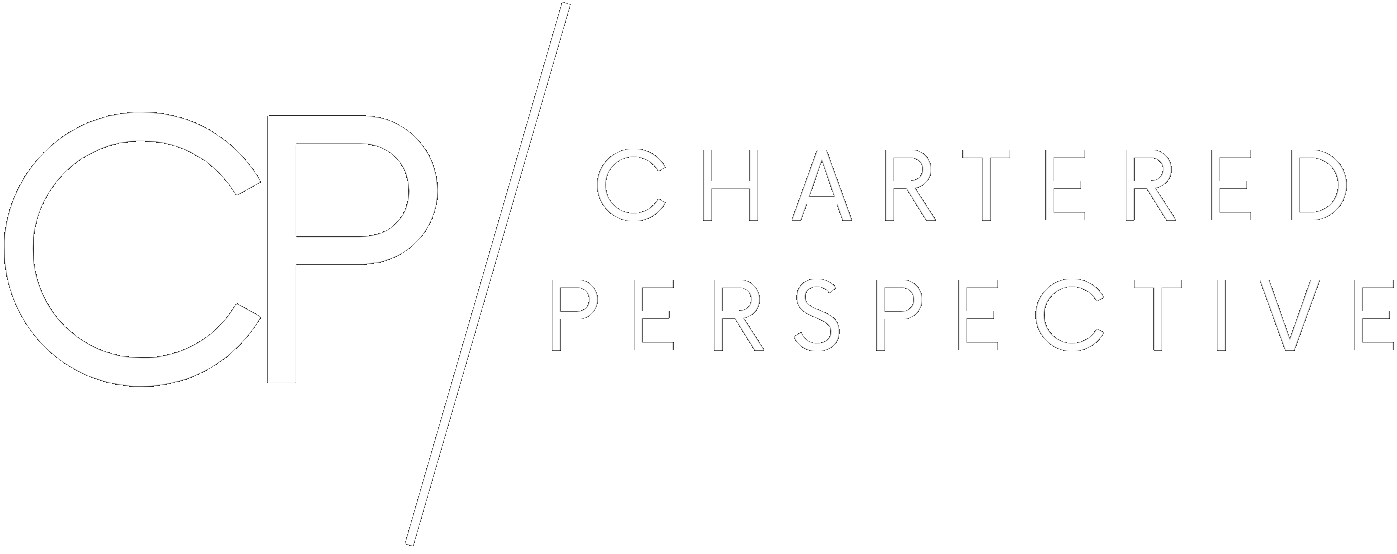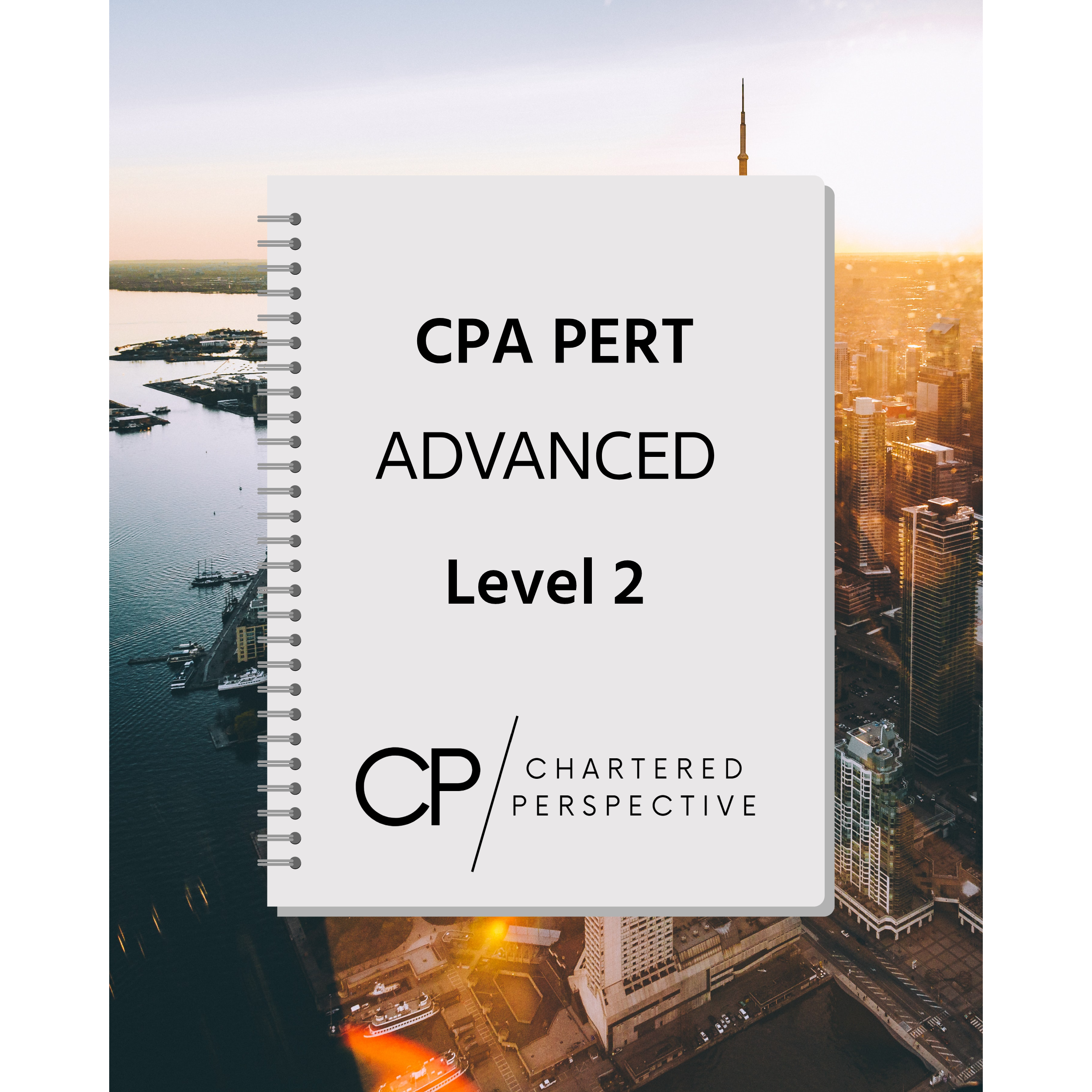Tips for Changing Jobs Under Experience Verification Reporting Route (EVR – CPA Canada)
Many CPA candidates who have not yet completed the experience requirement portion needed to obtain the Canadian CPA designation are often faced with a tough decision when it comes to accepting a new job offer. This article aims to cover some tips, thoughts, and advice to consider when making this decision, in the context of CPA Canada’s Practical Experience Requirements (PER) under the Experience Verification Route (EVR).
1. Plan Your CPA Experience Journey (Competency Map)
Before accepting a new job offer, map out how you plan to achieve the required core, depth, and breadth, competencies required to become a designated CPA In Canada. If the new position is unlikely to allow you to achieve the remaining competencies required for the designation, consider how important the designation is to you and your career goals. On the other hand, the last thing a candidate should do is spend time pursuing a proficiency or competency which isn’t needed in order to obtain the designation. If it isn’t needed, it isn’t a value-added activity, and your time would be better spent elsewhere. There are no bonus points for extra competencies, and two Level 1s do not add up to a Level 2.
In my experience, switching roles allowed me to easily achieve breadth in the CPA competency map because I had strong work experience in the various areas that I worked in (financial reporting, strategy & governance, and finance). While changing jobs will be advantageous for breadth, it can be a disadvantage for achieving depth. See tip #2 below for details.
A template for planning your CPA Canada competencies/PERT journey is provided for free in the Chartered Perspective store.
Note that this is an excel-based template which will allow you to mix and match proficiencies in a way to satisfy the CPA Canada criteria. Add to Cart and checkout to download the template free!
2. Candidates Should Show Progression (Proficiency Levels 0-2)
A candidate’s first report or two in each competency area should be mostly self-assessed at the proficiency Level 0. CPA Canada likes to see candidates progress as time goes by and build up proficiencies over time. As candidates pass through the required 30 months of experience, those Level 0s should be upgraded to Level 1s. Level 2s are not expected to be achieved until near the end of the 30 months. Keep this in mind because:
Starting a new job may affect how quickly you can achieve a Level 2 proficiency/competency, given that you will be in a new position and learning again.
CPA Canada experience reviewers like to see candidates reporting multiple “cycles” in their experience. For example, if you are reporting on your involvement in creating the annual budget, you will need to mention 2+ cycles for a Level 2 (which will naturally take ~2 years).
If switching jobs to a largely unrelated job (ex. from internal audit to treasury), candidates may have their depth competency effectively “reset” as they will have to build up to a Level 2 once again.
Keeping in mind that every situation is different, the key disadvantages to switching jobs would be potentially harming a candidate’s ability to quickly achieve a Level 2 proficiency.
3. Senior Job Titles Help for Achieving CPA Competency
Note that it will be easier to obtain Level 2s when a candidate holds a more senior position in the organization. For example, a “Senior Accountant” is likely to have more success than a “Junior Analyst” at obtaining Level 2s, though ultimately it comes down to the written reporting. Keep in mind that a Level 2 competency is considered by CPA Canada to be in line with the quality of work or expertise expected from a newly designated CPA. By this logic, a candidate showing that they are succeeding in a more senior role is more likely to convince the CPA practical experience reviewers that they are at the level of a newly designated CPA.
If a candidate is switching jobs within the same line of work and receiving a title and greater responsibility, this may be a strong indicator of progression to the CPA experience reviewer.
4. Strong Practical Experience Reports (PERT) are Key
While there are several factors than can decrease or increase a candidate’s chances at obtaining their required proficiency levels, it will all ultimately come down to the candidate’s experience reports submitted through the Practical Experience Reporting Tool (PERT). Regardless of years of experience, job title, or job description, candidates are responsible for conveying to the CPA reviewers how their experience is worthy of their requested proficiency level. If you are struggling with CPA practical experience reporting, feel free to check out the PERT guides offered on the Chartered Perspective store as linked below. These guides offer PERT examples, templates, analysis, and explanations to help candidates achieve their required proficiencies from Levels 0-2.
Pre-Approved Program (PPR) vs. Experience Verification Route (EVR)
If you are considering leaving a PPR for EVR, please read the separate blog post linked here.
Author’s Background: My CPA Canada Experience Reporting Journey
I personally faced many challenges when going through the EVR and PERT process with CPA Ontario, however, I was able to eventually meet the requirements and obtain the designation in ~40 months of experience and with a handful of job changes along the way.
Feel free to check out my profile on the About page. To read more about my personal journey through the Experience Verification Route (EVR), check out the blog post linked here.








PERT Basic is the perfect guide to help you get started with the CPA Practical Experience Reporting Tool (PERT). This PDF guide includes a brief overview of the CPA Experience Verification Route reporting process as well as example answers with commentary and explanations for both Technical and Enabling competencies at levels 0 and 1.
This guide is well suited for a new CPA Candidate getting started with experience reporting, particularly those reporting under the Experience Verification Route (EVR).